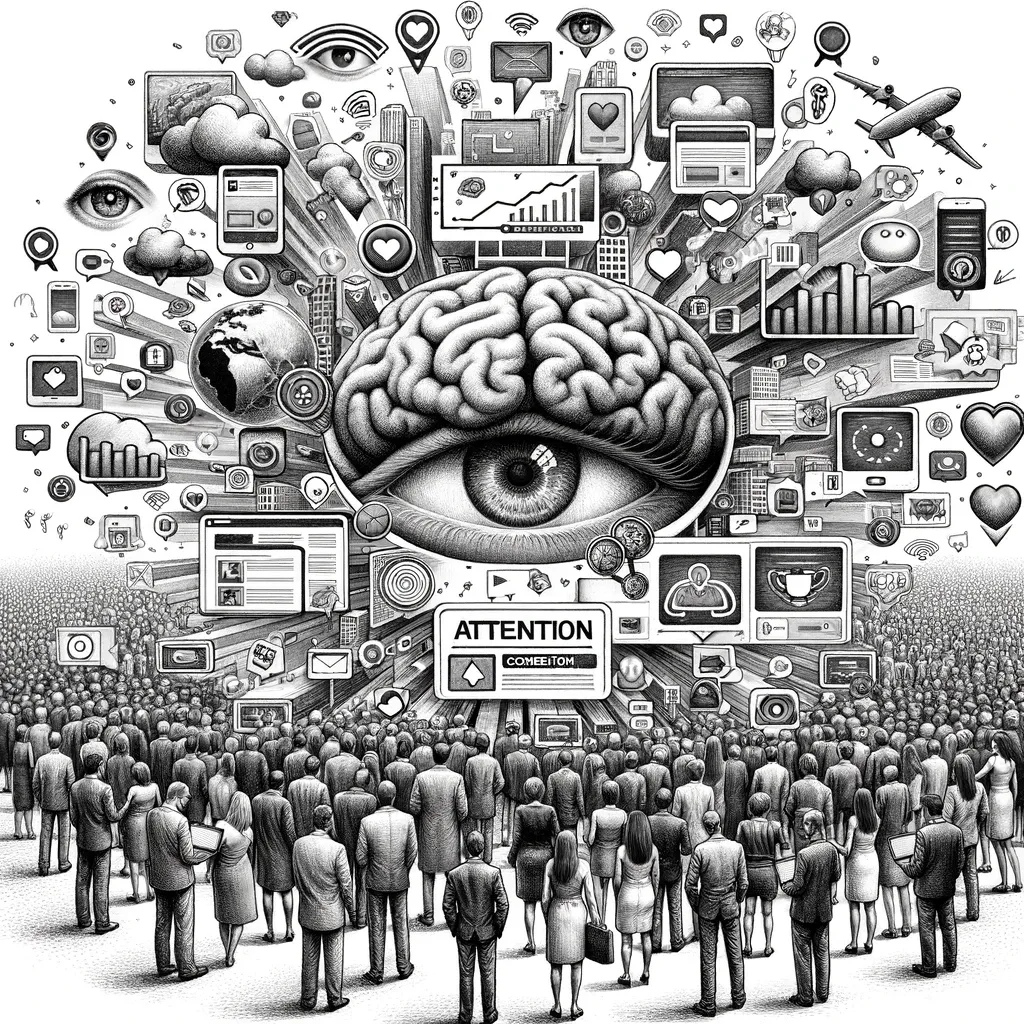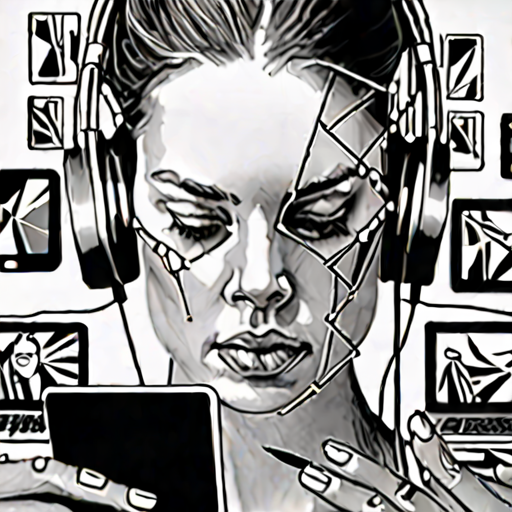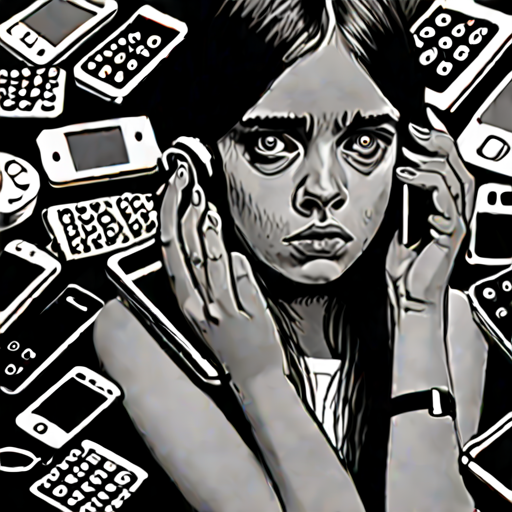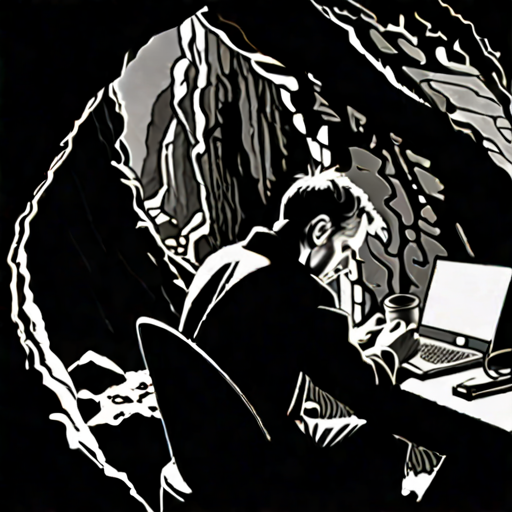Guarding Your Focus: Essential Strategies to Protect Your Attention
Attention is a prized currency. Basically, every company around you is trying to grab your attention to get a return on investment. What does it mean for lifelong learners and knowledge workers? What are the pitfalls to avoid and ways to leverage that to learn better and be more productive?

This article dives into why attention is so valuable, explores the pitfalls to avoid, highlights the benefits, and shares strategies to leverage this idea for enhanced learning and productivity.
Attention is a prized currency. Basically, every company around you is trying to grab your attention to generate revenue. What does it mean for Lifelong Learners and Knowledge Workers? What are the pitfalls to avoid and ways to leverage that to learn better and be more productive?
Introduction
Nowadays, attention is a very valuable commodity. It fuels the engine of the attention economy. As we wander online platforms and social media, our attention is a prey that is constantly under attack.

Understanding that your attention is a real currency and that it needs to be protected is essential for lifelong learners and knowledge workers. When you are not protective of your attention, you actually become less able to learn, and can't be as productive. Your time disappears like grains of sand, little by little, and so do your productivity and progress.
Why attention matters
Attention is the currency of the digital age because it directly translates into economic and social capital. In a world where information is abundant and constantly competing for our focus, those who can capture and maintain attention gain a significant advantage. Social media platforms, news outlets, and businesses all benefit from getting a share of your attention because they convert it into actual revenue, and influence. In a way, they even shape our perceptions of reality.

In the realms of learning and productivity, attention basically determines the level of success you reach. Being unable to protect and control one's attention is the number one reason why many people don't achieve anything meaningful in life. Attention has a deep impact on cognitive processes, skill acquisition, and task completion, all of which are crucial for learning and being productive.
When you are not focused, and when your attention wanders around or gets taken away, you can't learn effectively. Learning requires engaging deeply with the subject to understand/absorb new knowledge, form solid mental models and connect the dots. This just can't be achieved if you are not 100% there. Without your full attention, your learning can only be superficial. Moreover, you need to channel your attention toward relevant and high-quality content.
The quality of your attention directly correlates with your cognitive engagement. Deep and sustained attention enables critical thinking, problem-solving, and analytical skills. It enables you to connect ideas, draw insights and engage in meaningful reflection. In contrast, fragmented attention, often exacerbated by multitasking and constant distractions, diminishes your engagement and compromises the depth of your understanding.
Similarly, mastering new skills/talents or honing your existing abilities also requires sustained attention. Deliberate and focused practice also require sustained attention.
Productivity-wise, attention is one of the main driving forces behind task completion. Without focus and attention, there's no way to achieve anything meaningful, and no way to be efficient or to generate quality results. Tasks completed with your full attention are more likely to be thorough, accurate, and delivered in a timely manner. Attention is also a conduit for motivation. When you are deeply engaged in a task, your attention propels you toward your goals. Properly controlling and "managing" your attention helps you achieve your goals and persist in the face of challenges.
Last but not least, attention is crucial for emotional regulation (which of course also influences learning and productivity!). Being able to direct your attention away from stressors (e.g., the news), anxiety-inducing thoughts, or unproductive emotions contributes to a more positive mindset. In turn, it creates a better mental state for learning and performing tasks.
Attention pitfalls to avoid
When you don't control your attention, you tend to expose yourself to procrastination, noise and disinformation. The constant influx can lead to overwhelm and information overload. It can also induce anxiety and be detrimental to your mental health.
Over time, this can prevent you from thinking deeply, reduce your attention span, and make you less patient. I can observe it every day with my kids. The more screen time they have, and the more bite-sized content they consume, the more impatient they become. They can't wait for two minutes before becoming bored or wanting to continue scrolling. And when they have to study, it's a real challenge to have them focused for more than ten minutes. A constant flow of information can really be detrimental to mental health and productivity. That's why I'm so angry at TikTok and the like. Yes, they can be fun, but they're also really dangerous for well-being, and not only for kids!

You should also be wary about anything that grabs your attention easily. Always consider that the information you're being presented with may have been carefully designed to catch your attention. Clickbait content tends to easily grab our attention, but often have very limited value, when it's not downright misinformation. Refuse to give your attention away for free!
The benefits of considering attention as a currency
While everything in the world craves for your attention, you remain in control. You can choose where to direct your attention, and what information you expose yourself to. Considering attention as a currency is a great way to be more careful about how you use/spend it. As soon as you equate attention with money, you become more aware. In turn, awareness enables better decision-making.
The equation is simple. Time is money, and if your attention gets stolen away, your time is also stolen

When you don't want your attention stolen away, you can start identifying everything that tries to steal it, and you can devise strategies to avoid or eliminate the offenders. You also start setting the bar higher while curating information. You pick higher quality sources with a better signal-to-noise ratio.
When your start thinking like that, you really realize that social media is basically cancer and that games cost a whole lot more than their price tag. Their opportunity cost is HUGE.

Treating attention as a currency helps optimizing the choices you make about where and how to spend it. The more protective your become of your attention, the more time you can dedicate to what really matters to you, the better you can learn, the wiser you can get, and the more productive you can be (i.e., increasing your chances of achieving a state of flow). In turn, this increases your chances of creating more leverage, more luck, more success and better life experiences. It also improves your mental well-being by enabling you to allocate more time for rest, relaxation and self-care.
Fundamentally, controlling and channeling your attention is about feeling, thinking, and doing what YOU want versus what others want
Briefly put, considering attention as a currency helps be more mindful about where and how you invest this valuable asset. As a result, you get to make much better decisions at all levels (time investments, social interactions, relationships, professional networking, personal well-being and boundaries, etc). In the attention economy, treating attention as a currency is a competitive edge. Those who can control theirs attention are more likely to succeed that those who can't or won't.
Strategies to leverage attention for learning and productivity
To leverage your attention for learning and productivity, you can:
- Manage your attention mindfully. You can limit distractions (e.g., disable notifications, uninstall "noisy" applications, control the times when you explore "noisy" sources, etc), or even practice meditation to improve your concentration
- Curate better information sources. Choose quality over quantity when it comes to information consumption. Carefully curate and follow reliable information sources
- Use knowledge management tools to channel your attention. Improve the way you learn by building yourself a second brain and use dedicated tools to create a space where you can really focus, thinking, and learn. Check out the Obsidian Starter Kit and the Obsidian Starter Course if you don't know where to start
- Bring clarity into your life. The clearer your goals, the more motivation you'll have to control your attention and spend it wisely. When you know where you're headed, your much less likely to waste your precious attention and time. Check out the Knowledge Worker Kit to learn more
- Leverage online learning platforms. Online learning platforms often provide structured and engaging content that can hold your attention while facilitating learning. I spend an incredible amount of time on platforms such as Coursera
- Prioritize interactive learning. Engage in interactive and participatory learning experiences. Discussions, group projects, and hands-on activities capture your attention more effectively than passive learning. This also reduces the chances of wasting your time consuming low-quality "information"
- Share what you know. Whenever you share your knowledge, you have to channel your attention. Using approaches such as the Feynman Technique, you can also uncover the gaps in your knowledge and opportunities to learn more. As an added benefit, you help others grow, and can be proud about it
- Schedule breaks. Recognize the importance of taking breaks to avoid burnout and to reduce the attractiveness of attention-grabbing time-wasters

Last but not least, consider that attention is not only about what you focus on but also about what you choose to ignore. In a world filled with notifications, messages, and constant stimuli, effective attention management involves skillful navigation through potential distractions. If you manage to shield your attention from irrelevant and disruptive elements, you'll be much more resilient, and you'll be less likely to suffer from information overload.
Going further
Attention management is but one of the many topics that we explore in the Knowledge Worker Kit. Join our community and explore our knowledge base if you want to better control your attention, your time, be more productive and become a better version of yourself, both personally and professionally.
Conclusion
The attention economy is a reality, and you are the prey. Treating attention as currency will empower you to use it intentionally and with purpose. By recognizing the value of attention and being strategic about its allocation, you can unlock many benefits, from increased productivity and learning outcomes to more meaningful relationships and a competitive edge. This goes far beyond mere time management.
So, did I catch your attention until the very end? ❤️
About Sébastien
I'm Sébastien Dubois, and I'm on a mission to help knowledge workers escape information overload. After 20+ years in IT and seeing too many brilliant minds drowning in digital chaos, I've decided to help people build systems that actually work. Through the Knowii Community, my courses, products & services and my Website, I share practical and battle-tested systems. You can follow me on X 🐦 and on BlueSky 🦋.
I am an author, founder, and coach. I write books and articles about Knowledge Work, Personal Knowledge Management, Note-taking, Lifelong Learning, Personal Organization, and Zen Productivity. I also craft lovely digital products.
If you want to follow my work, then become a member and join our community.
Ready to get to the next level?
If you're tired of information overwhelm and ready to build a reliable knowledge system:
- 🎯 Join Knowii and get access to my complete knowledge transformation system
- 📚 Take the Course and Master Knowledge Management
- 🚀 Start with a Rock-solid System: the Obsidian Starter Kit
- 🦉 Get Personal Coaching: Work with me 1-on-1
- 🛒 Check out my other products and services. These will give you a rock-solid starting point for your note-taking and Knowledge Management efforts




